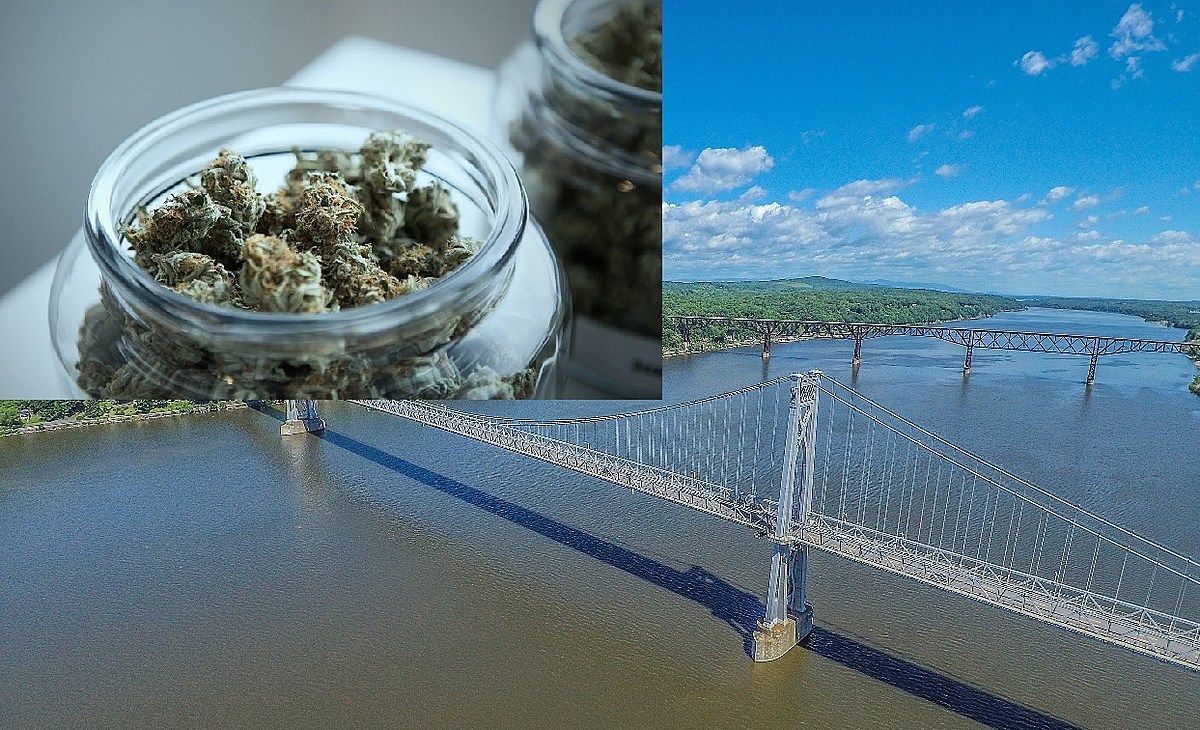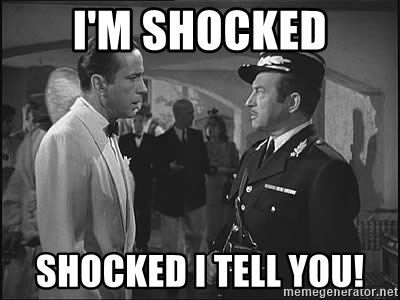As New York marijuana regulators continue to accept applications for the first adult-use cannabis retailer licenses from people directly impacted by the drug war, officials on Tuesday voted to adopt home grow rules for medical cannabis patients, as well as another round of conditional marijuana processor and cultivator business applications.
The Cannabis Control Board (CCB) accepted a resolution to have the state adopt rules for medical cannabis patients to grow their own plants for personal use. They also accepted updated hemp cannabinoid regulations and gave the green light to a limited partnership agreement between the Dormitory Authority of the State of New York (DASNY) and Social Equity Impact Ventures to advance industry equity.
The adoption of the medical cannabis home grow resolution comes about a year after draft regulations were first proposed and several months after the board accepted revised rules following a public comment period. Now CCB has directed the Office of Cannabis Management (OCM) to formally send the approved regulations to the New York State Department of State.
In general, the rule will allow registered patients and caregivers to grow up to six plants, only three of which could be mature. They could possess up to five pounds of cannabis derived from those plants, which is consistent with the state’s adult-use legalization law.
The home grow rules for medical cannabis patients and caregivers will take effect on October 5. CCB Chair Tremaine Wright said this development marks “an exciting milestone for our medical cannabis program.”
OCM Executive Director Chris Alexander said at the close of the
hearing that the office has “prioritized patient access in this program,” and “it’s going to continue to be a priority.”
“I’m just really excited that we’re able to provide this more affordable option to patients to get access to that medicine,” he said.
Regulators on Tuesday also approved 10 more cannabis processor licenses, for
a total of 25 that have been approved since last month.
They also accepted 19 more cultivator
applications from existing hemp businesses under a seeding initiative and
legislation that was signed by Gov. Kathy Hocul (D) in February. There are now more than 250
approved cultivators.
Meanwhile, OCM is still taking
applications for conditional adult-use retail dispensary (CAURD) licenses through September 26. Accepted licenses who have been disproportionately impacted by cannabis criminalization will have the first opportunity to serve recreational consumers, as early as this year.
Last month, OCM unveiled a regional breakdown of the
maximum 150 CAURD licenses that it plans to accept.
In anticipation of the CAURD license applications opening, the mayor of New York City recently
announced the launch of a new program to promote cannabis industry equity by supporting entrepreneurs most impacted by the drug war.
The Cannabis NYC initiative aims to initially help would-be dispensary operators complete the licensing application process, but is also promising to provide “support beyond the license” by connecting “aspiring cannabis entrepreneurs to no-cost services, along with technical assistance, to support successful businesses.”
With respect to retailers, OCM’s Alexander said in July that the office diligently reviewed and responded to public comments on the proposed rules for conditional retailers, but there’s still been some frustration among stakeholders who feel that the input was not thoughtfully incorporated.
For what it’s worth, a poll found that
most New Yorkers voters are against that proposal to prioritize retail licenses for justice-involved people.
Separately, OCM also recently publicized dozens of cease and desist letters that they have sent to businesses accused of illegally selling marijuana as the state prepares to launch its adult-use market.
But there’s been skepticism about the accuracy of the office’s enforcement targets. Some businesses that were named as operating illicit marijuana shops say they never received the notice; others, including one event and catering business, say that were wrongfully targeted, denying that they’ve been involved in cannabis sales.
As it stands, adults 21 and older can
possess and publicly consume cannabis, as well as gift marijuana to other adults as long as they aren’t being compensated.
In June, CCB also
approved a series of proposed rules for marijuana packaging, labeling, advertising and testing requirements.
Meanwhile, New York lawmakers recently sent a budget proposal to the governor’s desk that includes provisions to
let marijuana businesses take state tax deductions that are available to other industries despite an ongoing federal ban on cannabis. That was signed into law.
Sen. Jeremy Cooney (D)
filed a standalone bill in December seeking a similar carve-out for the state’s burgeoning cannabis market. Assemblymember Donna Lupardo (D) followed suit in her chamber. Cooney also filed a bill in May to allow regulators to
disclose certain information about cannabis licensees to financial institutions to promote marijuana banking.
Hochul has repeatedly emphasized her interest in
efficiently implementing the legalization law.
The governor released a State of the State book in January that called for
the creation of a $200 million public-private fund to specifically help promote social equity in the state’s burgeoning marijuana market.
That funding will support the limited partnership agreement between DASNY and Social Equity Impact Ventures that the board
approved on Tuesday.
That funding proposal was
also cited in the governor’s executive budget, which was released in January. The budget also estimated that New York stands to generate more than $1.25 billion in marijuana tax revenue over the next six years.
Hochul said that while cannabis business licenses have yet to be approved since legalization was signed into law last year, the market stands to generate billions of dollars, and it’s important to “create opportunities for all New Yorkers, particularly those from historically marginalized communities.”
OCM has also been putting out PSAs to
promote public education about the marijuana policy change, including a first-of-its-kind taxpayer-funded marijuana ad that aired in most of New York during an NBA Finals game last month. The PSA boldly addressed the racially discriminatory harms of cannabis criminalization and highlighted steps that state regulators are taking to right the wrongs of prohibition.
CCB also wants the opportunity to showcase its marijuana PSA campaign on the social media app TikTok, but it was told by the company previously that it could not use the platform because of its existing ban on the use of the word “cannabis.” The department
recently sent a letter to TikTok, requesting a policy change for government marijuana-related ads that concern public education.
Here are some other ways that New York lawmakers and regulators are working to promote drug policy reform as the state prepares to implement retail marijuana sales:
In July, Hochul announced that the state had awarded $5 million in funding to community colleges to support the development and improvement of courses and programs specifically meant to
help people secure jobs in the marijuana industry.
The New York Senate approved a bill in June that would require public health insurance programs
to cover medical marijuana expenses and clarify that private insurers are allowed to do the same.
Both chambers of the state legislature have passed a measure to
encourage businesses to use hemp materials for packaging, construction and other industrial purposes.
The state Department of Labor separately announced in recent guidance that New York employers are no longer allowed to
drug test most workers for marijuana. Even prior to the enactment of legalization, New York City officials had established a
local ban on pre-employment drug testing for cannabis.
A recent legal directive from the New York City Law Department (NYCLD) has put police and firefighter drug testing policy in the spotlight
after a document that was leaked from the New York Police Department (NYPD) signaled that officers would no longer be subject to pre-employment, random or scheduled screening for cannabis because of the legal analysis.
A firefighters union
claimed credit for the new directive, saying that it was responsive to inquires that it made to the city.
Separately, Adams says he’s looking into the idea of authorizing marijuana to be grown in greenhouses
on the rooftops of public housing buildings—an ambitious proposal that’s unlikely to sit well with the federal government, which provides funding to support the NYC Housing Authority (NYCHA).
A New York senator filed a bill in May that would legalize what
would essentially be licensed community marijuana gardens for people who aren’t able to cultivate cannabis at their own homes.
Also that month, a New York Assembly committee advanced a bill to establish a
statewide safe consumption site program, allowing regulators to authorize facilities where people could use currently illicit drugs in a medically supervised environment.
Meanwhile, a New York lawmaker introduced a bill last year that would require the state to establish an institute to
research the therapeutic potential of psychedelics.
Another state legislator filed a bill in December to
legalize psilocybin mushrooms for medical purposes and establish facilities where the psychedelic could be grown and administered to patients.




